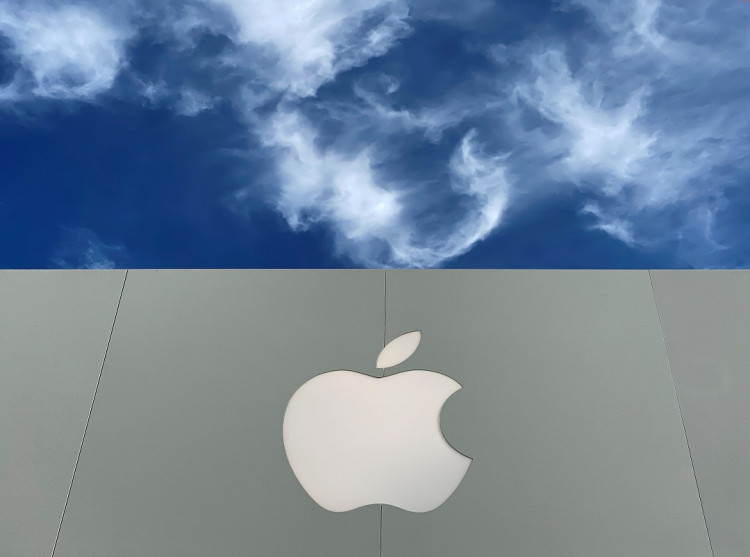Apple's current pursuit of a Chinese chip maker to supply it with chips for use on iPhones to be sold to the Chinese market could pose risks for America.
The Cupertino-based tech giant is currently trying to convince Yangtze Memory Technology Corp. (YMTC), a Chinese chip maker that has links to the Chinese military and the backing of the communist Chinese government.
Per the report, Apple said in a statement that it is still "evaluating" whether to source important chips for use on "some iPhones" being sold in the Asian country.
By sourcing chips from a Chinese supplier, Apple will be able to cut back on the cost of making its iPhones. There are some risks to this, however, according to Chuck Flint, who wrote for Fox News, as well as the Internet Governance Project at the Georgia Tech School of Public Policy.
Apple and YMTC
Apple's decision to consider sourcing chips from China shows that "corporate America" is "undercutting" the United States' competitiveness in the business tech industry, and is saving up more money in exchange for American security.
This is because the U.S. and China are currently in a geopolitical struggle, and given Beijing's practice of using cheaper Chinese services and goods to attract foreign companies, China is able to gain more revenue than the U.S.
YMTC is backed by Beijing and has received about $24 billion in subsidies from the government, allowing it to lower the prices of products it offers to foreign businesses. Flint noted that YMTC "is clearly under the thumb of the Chinese Communist Party," and Apple's decision to consider sourcing crucial parts from it is "risky business."
Also, while Apple will be able to lessen production costs while raking in more revenues, it is also giving the Chinese government a means to conduct espionage in the U.S.
As per Flint, Chinese technology is "laced" with vulnerabilities allowing malicious parties use relevant hardware into tools to acquire intelligence and data. Because of this, senator Marco Rubio said Apple is "playing with fire" in its decision to equip iPhones with Chinese processors.
Cupertino's decision to source chips from YMTC also contradicts efforts made to improve the U.S.'s competitiveness in the silicon manufacturing industry.
The American government recently passed the CHIPS and Science Act and committed $52.7 billion to the chip industry for the purpose. This bipartisan action aims to raise America's position in the chips race, but Apple's decision to source chips from China only does the opposite.
While Apple did say it will only use the YMTC chips on iPhones sold in China, there's no guarantee that such iPhones will not make their way to the U.S., Flint noted.
The Chinese government is known for its use of any asset to conduct espionage, and this potential deal between the iPhone maker and the chip manufacturer could be another means to that end.






